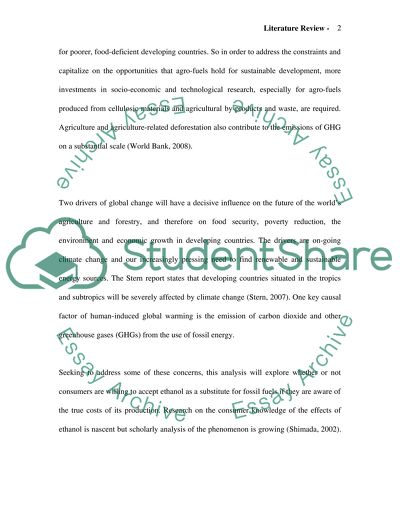Cite this document
(“Ethanol is it worth the true Cost Essay Example | Topics and Well Written Essays - 1500 words”, n.d.)
Ethanol is it worth the true Cost Essay Example | Topics and Well Written Essays - 1500 words. Retrieved from https://studentshare.org/miscellaneous/1516159-ethanol-is-it-worth-the-true-cost
Ethanol is it worth the true Cost Essay Example | Topics and Well Written Essays - 1500 words. Retrieved from https://studentshare.org/miscellaneous/1516159-ethanol-is-it-worth-the-true-cost
(Ethanol Is It Worth the True Cost Essay Example | Topics and Well Written Essays - 1500 Words)
Ethanol Is It Worth the True Cost Essay Example | Topics and Well Written Essays - 1500 Words. https://studentshare.org/miscellaneous/1516159-ethanol-is-it-worth-the-true-cost.
Ethanol Is It Worth the True Cost Essay Example | Topics and Well Written Essays - 1500 Words. https://studentshare.org/miscellaneous/1516159-ethanol-is-it-worth-the-true-cost.
“Ethanol Is It Worth the True Cost Essay Example | Topics and Well Written Essays - 1500 Words”, n.d. https://studentshare.org/miscellaneous/1516159-ethanol-is-it-worth-the-true-cost.


